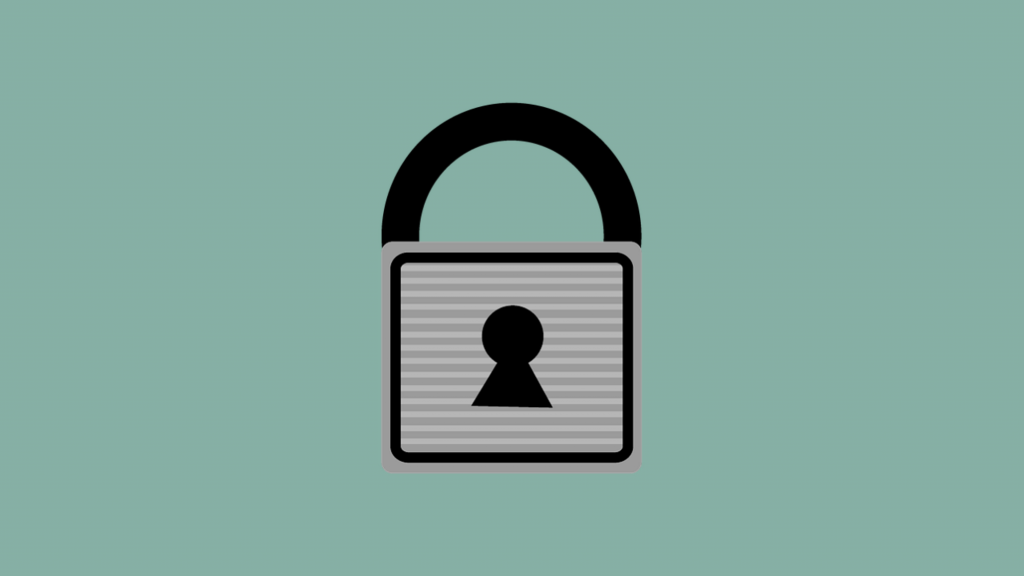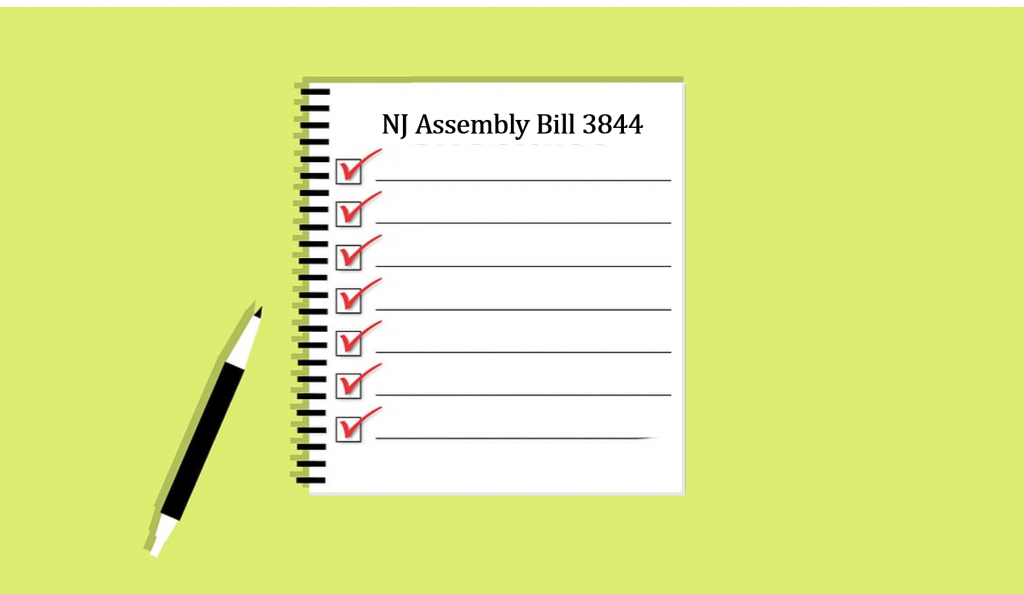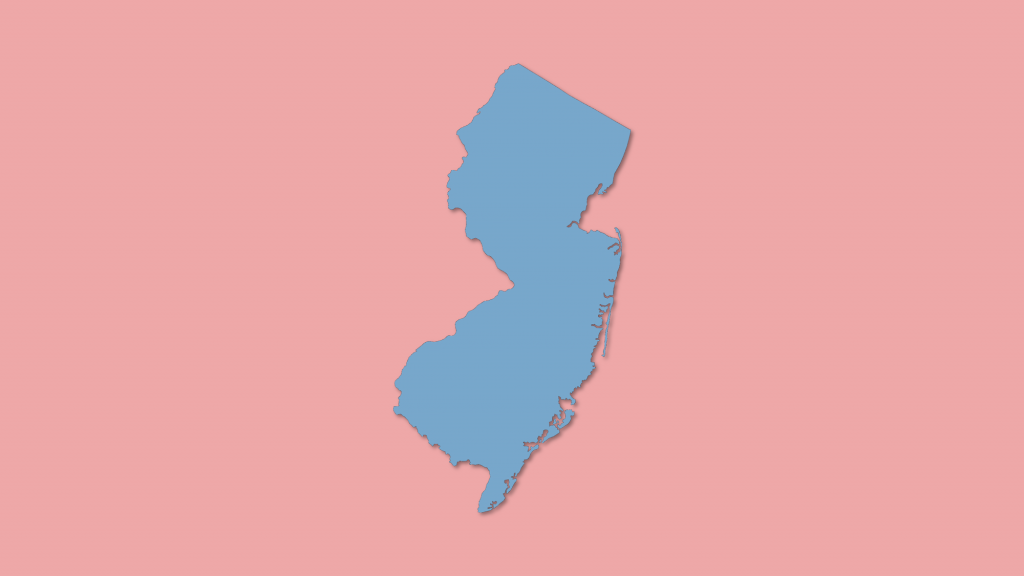 Additional Executive Orders geared towards limiting the spread of COVID-19 implemented by Governor Phil Murphy over the weekend including EO122 and 125, providing further restrictions on essential-business (retail stores and construction operations) to ensure the safety of their employees and consumers. Notably, the orders also provide for safety measures required to be taken consumers.
Additional Executive Orders geared towards limiting the spread of COVID-19 implemented by Governor Phil Murphy over the weekend including EO122 and 125, providing further restrictions on essential-business (retail stores and construction operations) to ensure the safety of their employees and consumers. Notably, the orders also provide for safety measures required to be taken consumers.
Among other mandates, the NJ retail businesses must now limit stated occupancy by 50% (“food businesses” are to maintain a 10% capacity, however) and provide operating hours solely for high-risk populations as defined by the CDC. Continue reading ›
 Kang Haggerty News
Kang Haggerty News


 On Tuesday, New Jersey Governor Murphy issued the most recent in a series of orders intended to combat the COVID-19 crises, Executive Order No. 119, extending the current health emergency in the state by another 30 days. This means that, as it stands, the current public health emergency in New Jersey will last at least until May 8, 2020.
On Tuesday, New Jersey Governor Murphy issued the most recent in a series of orders intended to combat the COVID-19 crises, Executive Order No. 119, extending the current health emergency in the state by another 30 days. This means that, as it stands, the current public health emergency in New Jersey will last at least until May 8, 2020.  As reported in our March 25th update, New Jersey – by Governor Murphy’s Executive Order 109 – directed businesses to submit inventories on personal protective equipment (PPE), ventilators, and similar equipment. On April 2, 2020 in Executive Order 113, Governor Murphy has now authorized the Office of Emergency Management to repossess and reallocate such resources to meet the State’s needs.
As reported in our March 25th update, New Jersey – by Governor Murphy’s Executive Order 109 – directed businesses to submit inventories on personal protective equipment (PPE), ventilators, and similar equipment. On April 2, 2020 in Executive Order 113, Governor Murphy has now authorized the Office of Emergency Management to repossess and reallocate such resources to meet the State’s needs.  Among the various challenges businesses are facing throughout the COVID-19 pandemic, one is particularly garnering attention – the issue of business interruption insurance policies which are not being paid out to those who have faced losses due to coronavirus-related business closures. Business interruption insurance is designed to replace business income lost due to forced closure, typically due to natural disaster-related property damage, and is intended to cover operating expenses during the closure. Like elsewhere in the United States, governments in Pennsylvania and New Jersey responded to the COVID-19 pandemic by, among other measures, closing non-essential businesses unless remote work is available. In light of these closures, many businesses turned to their business interruption insurance policies, only to find
Among the various challenges businesses are facing throughout the COVID-19 pandemic, one is particularly garnering attention – the issue of business interruption insurance policies which are not being paid out to those who have faced losses due to coronavirus-related business closures. Business interruption insurance is designed to replace business income lost due to forced closure, typically due to natural disaster-related property damage, and is intended to cover operating expenses during the closure. Like elsewhere in the United States, governments in Pennsylvania and New Jersey responded to the COVID-19 pandemic by, among other measures, closing non-essential businesses unless remote work is available. In light of these closures, many businesses turned to their business interruption insurance policies, only to find  Last Updated: April 3, 2020
Last Updated: April 3, 2020

 In light of the increasing spread of COVID-19, lawmakers continue to push legislation to allow the conduct of remote business despite the pandemic and various shelter-in-place and similar restrictions. As we have experienced, the use of teleconferencing platforms such as Zoom has exploded over the last weeks, with everyone from students, business people, and government officials using these platforms to communicate with others while respecting the needs for social distancing, isolation and even quarantine. In the last week, the State of New Jersey has passed two such bills, A3861 and A3850, which allow important meetings to be held via remote communication methods, as well as introduced another, bill A3903, which would allow remote notarial acts if it is passed into law.
In light of the increasing spread of COVID-19, lawmakers continue to push legislation to allow the conduct of remote business despite the pandemic and various shelter-in-place and similar restrictions. As we have experienced, the use of teleconferencing platforms such as Zoom has exploded over the last weeks, with everyone from students, business people, and government officials using these platforms to communicate with others while respecting the needs for social distancing, isolation and even quarantine. In the last week, the State of New Jersey has passed two such bills, A3861 and A3850, which allow important meetings to be held via remote communication methods, as well as introduced another, bill A3903, which would allow remote notarial acts if it is passed into law.  On Monday March 23, 2020 Governor Murphy issued Executive Order 109 introducing additional preventive measures to limit the spread of COVID-19 and simultaneously seeks assistance from the private healthcare community to increase the stock of PPE.
On Monday March 23, 2020 Governor Murphy issued Executive Order 109 introducing additional preventive measures to limit the spread of COVID-19 and simultaneously seeks assistance from the private healthcare community to increase the stock of PPE. With the current outbreak of COVID-19, each day creates a new normal. Government officials are adjusting to the new pandemic and implementing different policies to help protect the community’ s public health. On Thursday, March 19, 2020 Governor Tom Wolf issued an order mandating that all non-life-sustaining businesses close their physical locations by Thursday at 8 PM. Specifically, the order provides:
With the current outbreak of COVID-19, each day creates a new normal. Government officials are adjusting to the new pandemic and implementing different policies to help protect the community’ s public health. On Thursday, March 19, 2020 Governor Tom Wolf issued an order mandating that all non-life-sustaining businesses close their physical locations by Thursday at 8 PM. Specifically, the order provides: